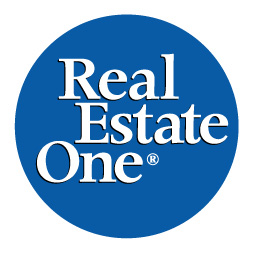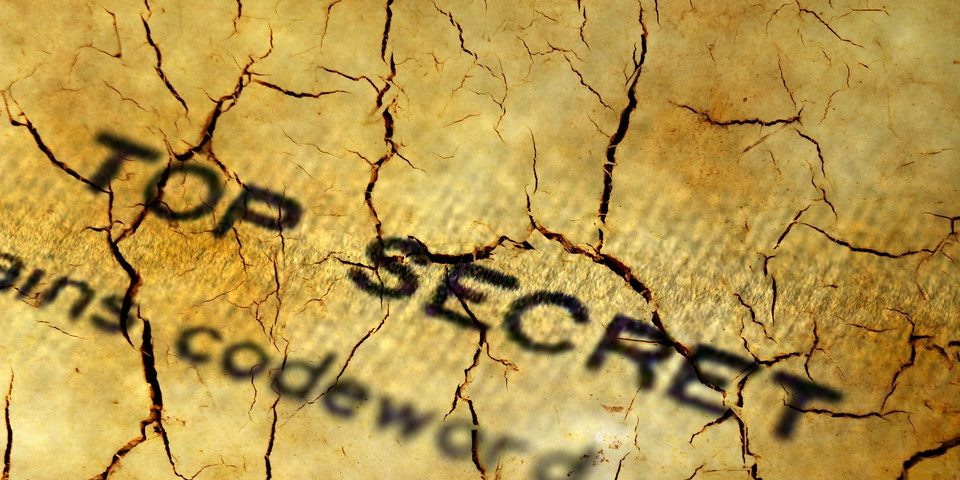Secrets To An Easy Contract Closing
 Once you’ve signed a contract to buy a house, the preparation for settlement begins.
Once you’ve signed a contract to buy a house, the preparation for settlement begins.
Settlement, or closing escrow, is the process of transferring the title (ownership) of the home from seller to buyer. Often, the real estate agents involved in the sale help take care of these arrangements. But the buyer and seller are ultimately responsible for attending to these details. Here are the basics:
Before Settlement
Obtain Financing
The buyer must first secure the financing to buy the house. Usually this means taking out a mortgage loan. Lenders require a complete financial picture, including income and expenses, and a credit check. In addition, lenders want an up-to-date appraisal of the home, a survey of the property and, often, some inspections (for termites, radon gas, etc.). Some lenders specify which service providers they want the borrower to use. Once all the paperwork is in, the borrower should keep in touch with the lender until receiving a loan commitment.
Purchase Hazard Insurance
The buyer needs to purchase a hazard insurance policy (also called homeowners insurance) to protect the lender.
Choose A Settlement Agent And Supply Documents
Choose an experienced and well-recommended settlement agent as soon as possible, and give the name to your agent. Find out about fees and overall settlement costs. If the buyer wishes to bring an attorney to settlement, arrangements should be made 30 to 60 days in advance. Both the buyer and seller need to give the settlement agent all pertinent information requested, including a copy of the contract and the names of all parties involved in the sale/purchase. The buyer must provide the settlement agent with a paid receipt for a one-year hazard insurance policy.
Stay Involved With The Process
Check back to be sure the settlement agent orders a title examination, title insurance for the lender, survey of the property, and payoff notice of the seller’s mortgage. (You’d be wise to also buy homeowner’s title insurance.) Be certain the seller has provided pest and any other needed inspections.
Expect An Estimate Of Closing Costs
A few days before settlement, the buyer should receive a Good Faith Estimate of settlement costs, including pro-rated homeowner dues, utilities, etc. Since many long and detailed forms are usually signed at settlement, you might consider requesting copies of the basic settlement forms several days in advance to pre-read them.
Check Out The Property
Shortly before settlement, make a walk-through inspection of the property and notify the settlement agent if there are any major problems.
At Settlement:
In addition to the loan commitment letter, the buyer must bring a certified or cashier’s check for the down payment and any other costs due at settlement. These costs include mortgage interest from the closing date to the first payment due, escrow for property taxes and insurance, and various taxes and recording fees. Be sure to bring your regular checkbook in case miscellaneous costs need to be paid. Expect the settlement officer to explain every form thoroughly. The focus of the settlement table is checking the exact figures to be sure they are accurate. Review all documents and sign.
Send A Representative If You Can’t Attend
If you cannot come to the settlement, be sure to notify the settlement agent in advance so a Power of Attorney can be prepared. Once the papers are signed and money paid, the keys are handed over to the buyer and the sale is complete.
After Settlement:
Receive recorded deed and title insurance policy, if purchased. Call or e-mail us for answers to all of your concerns about buying a home.







